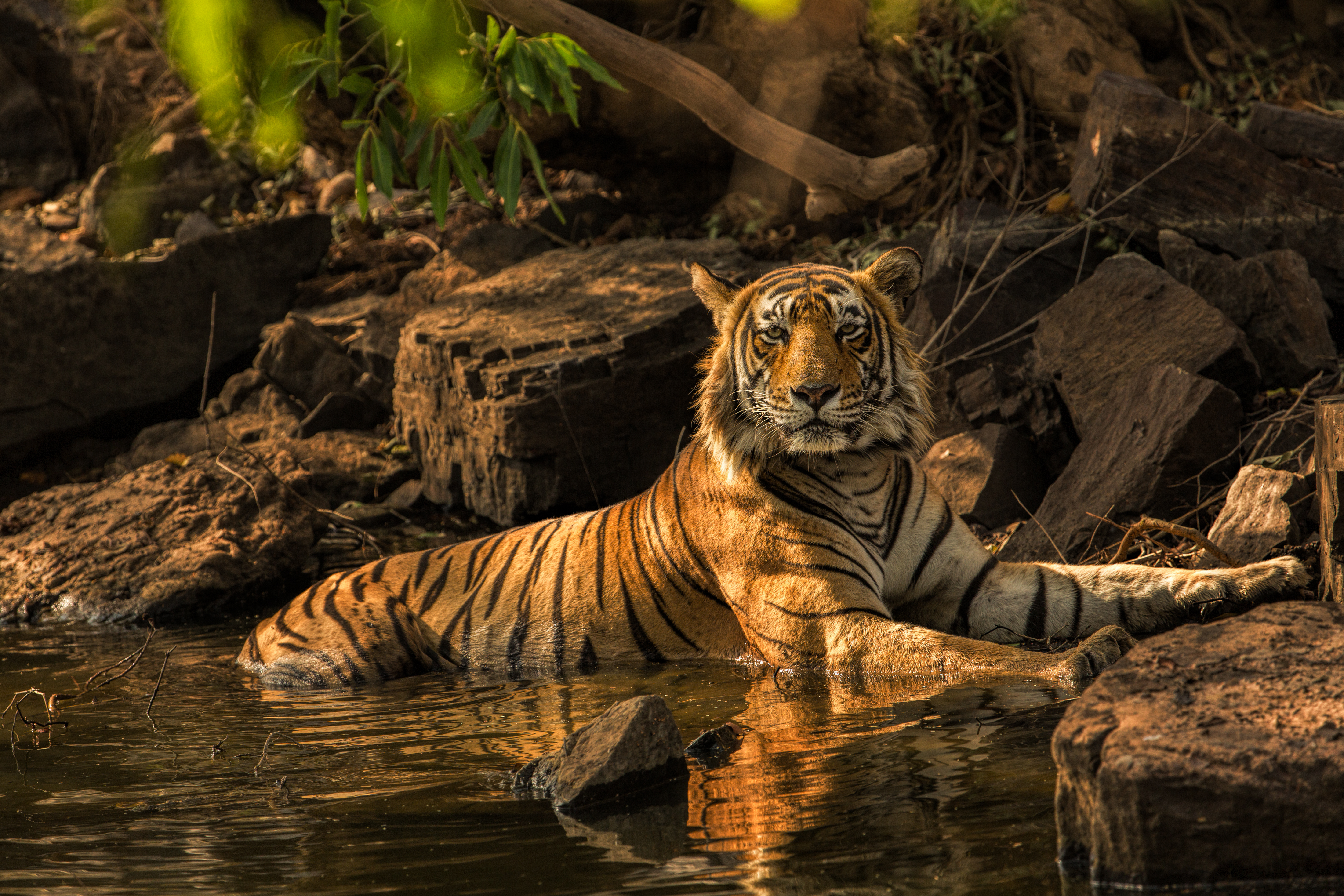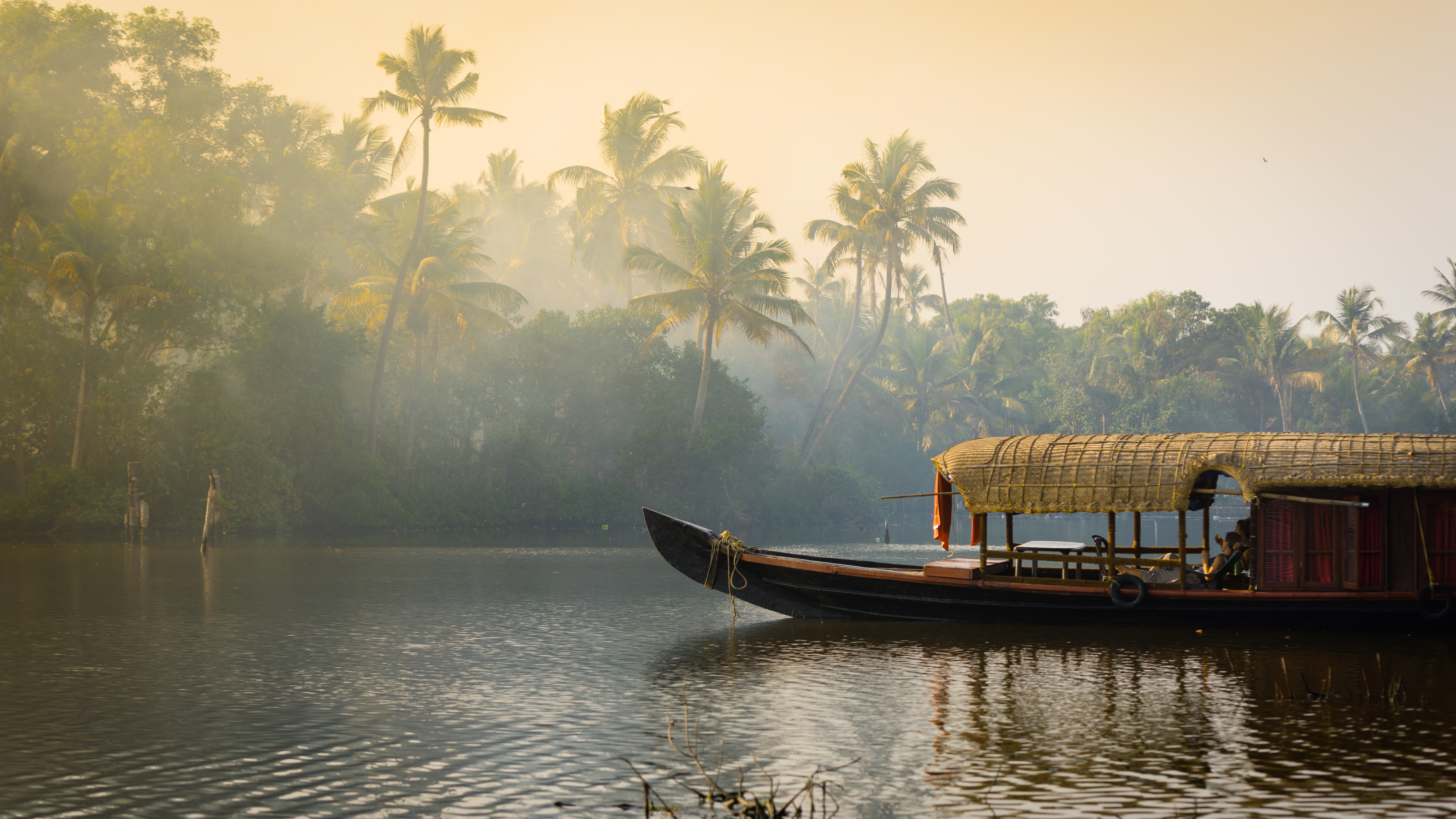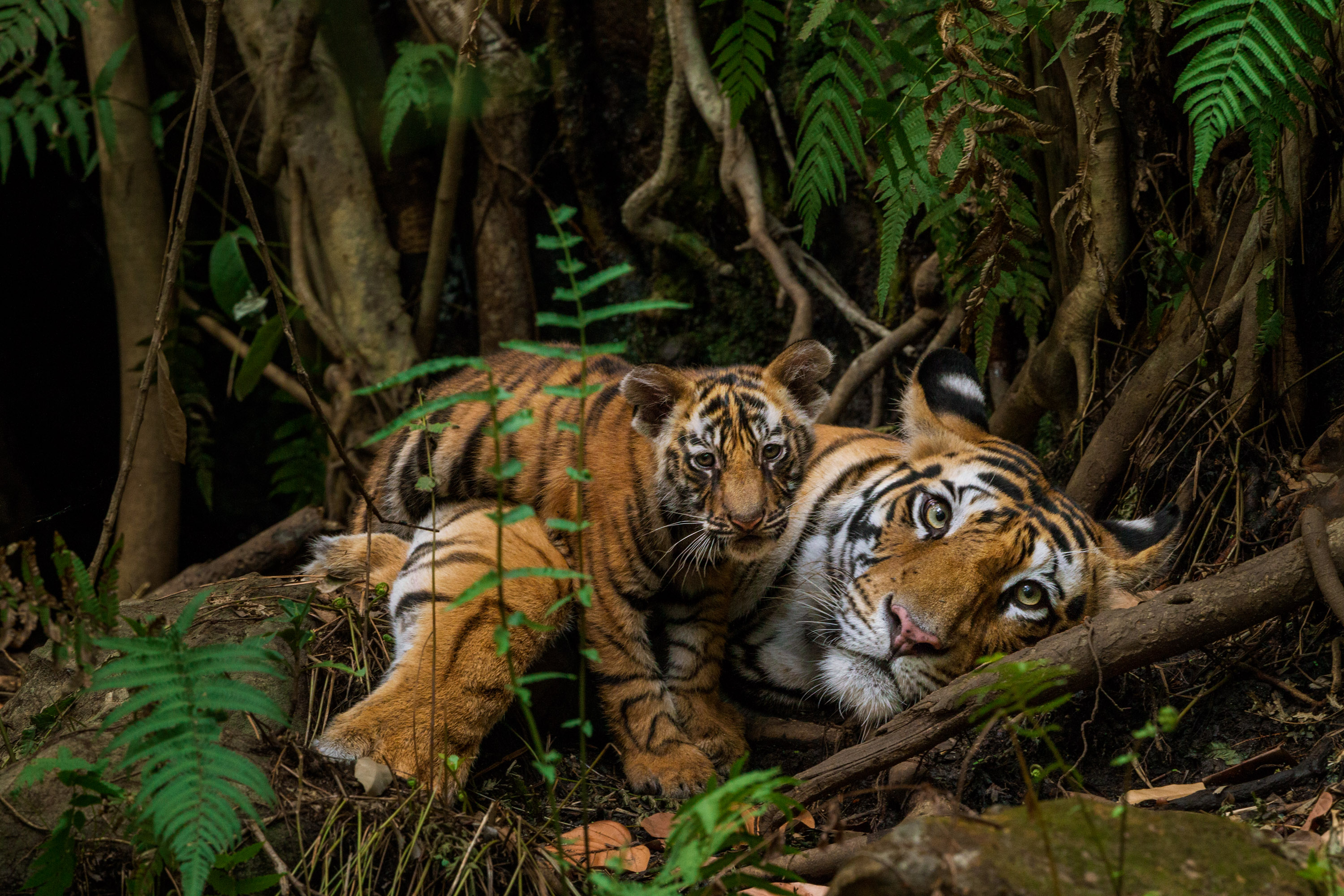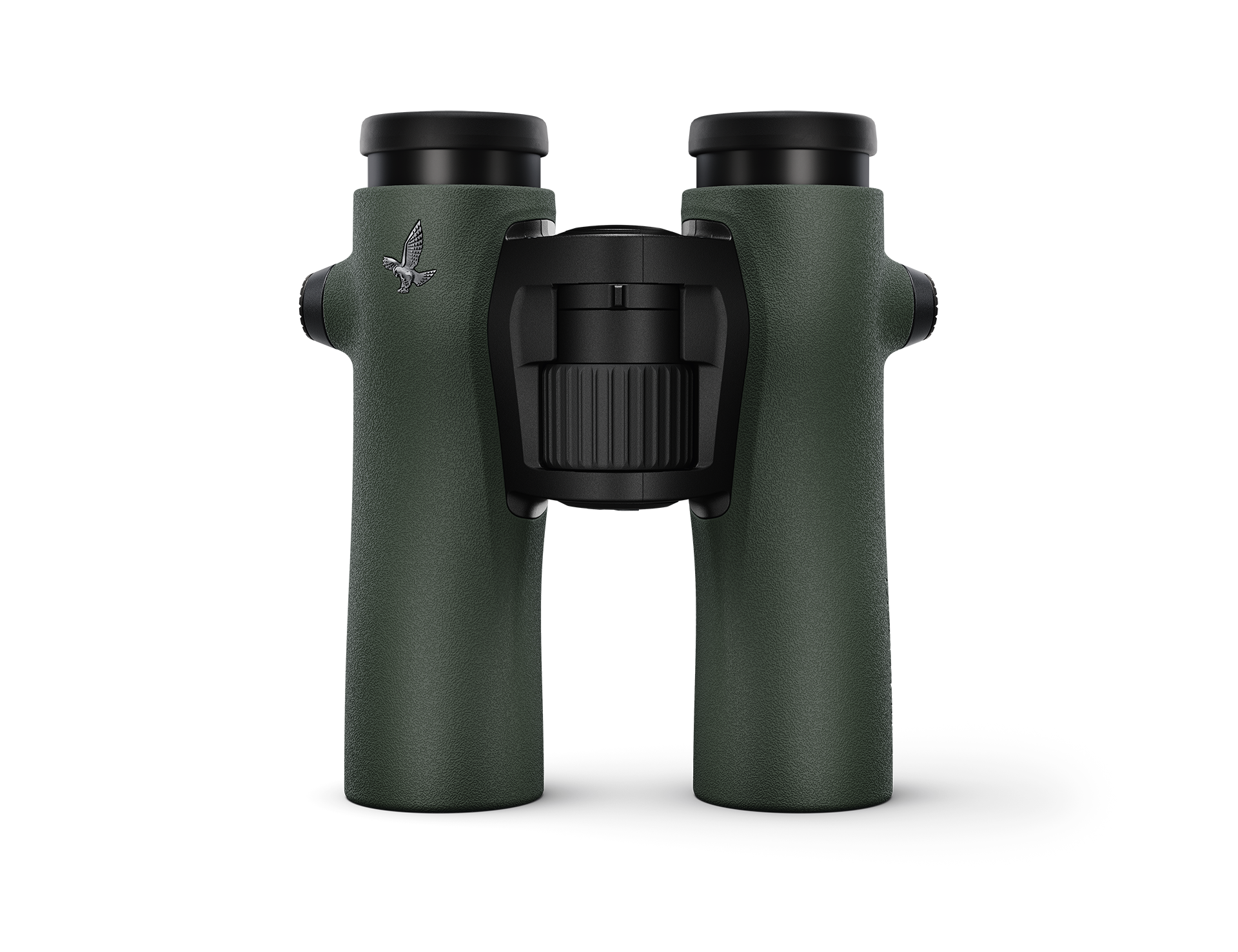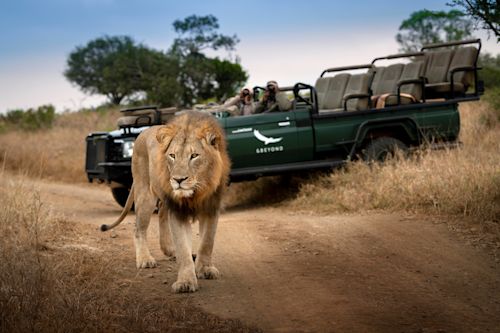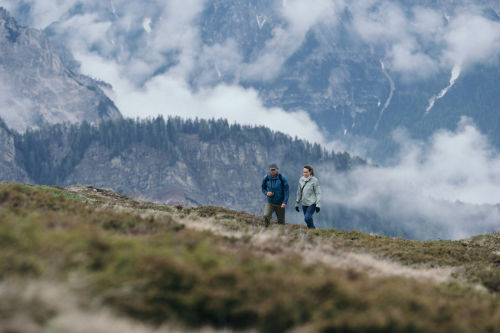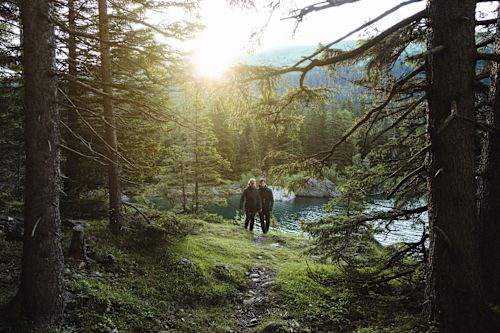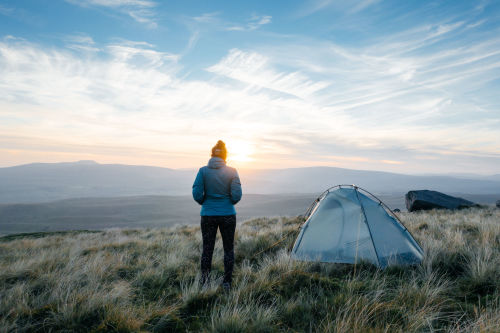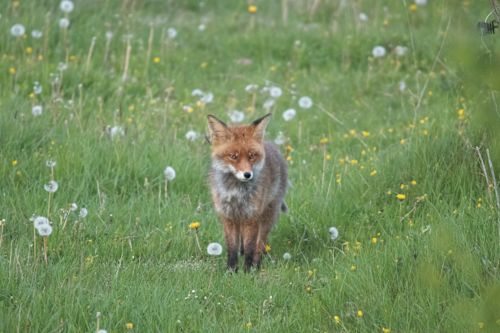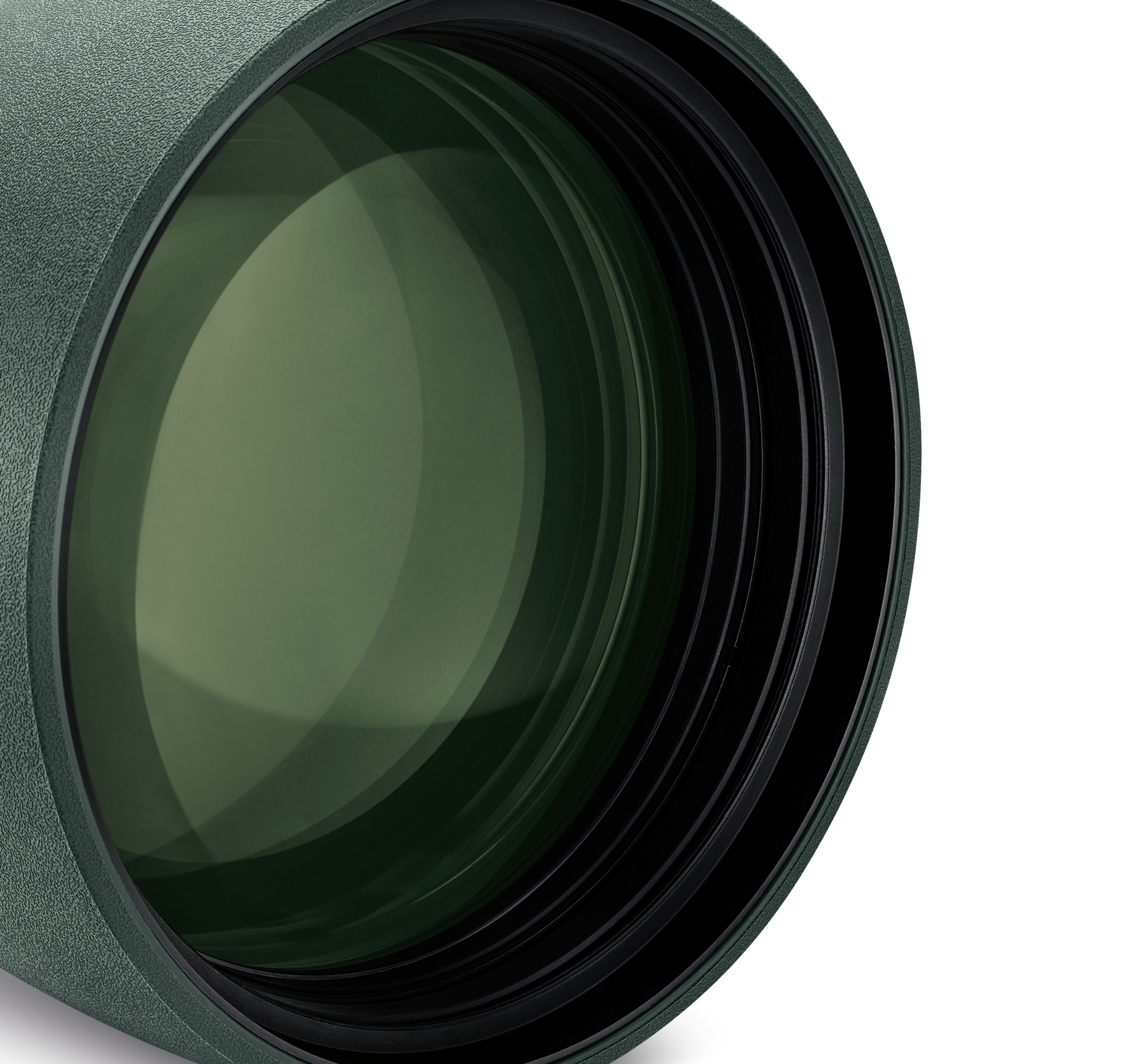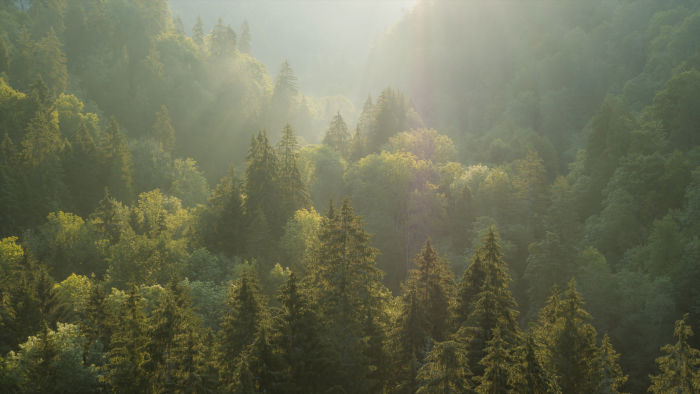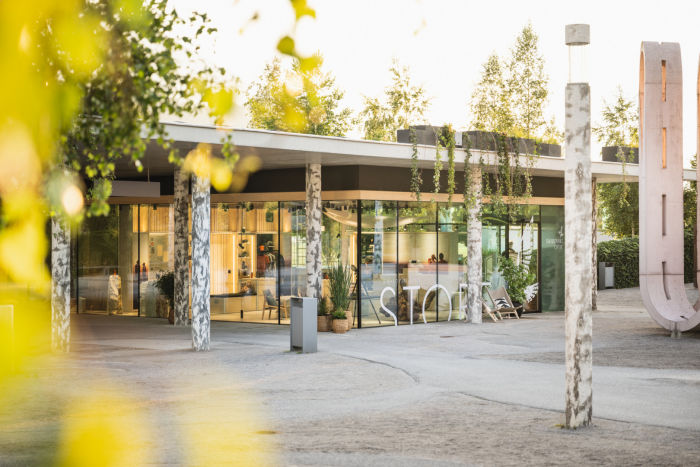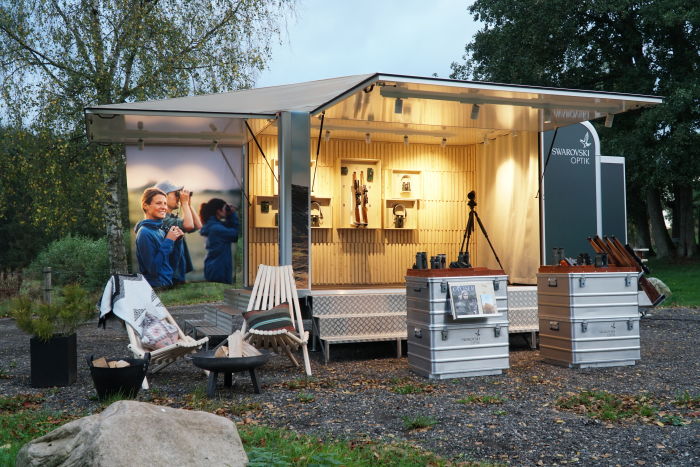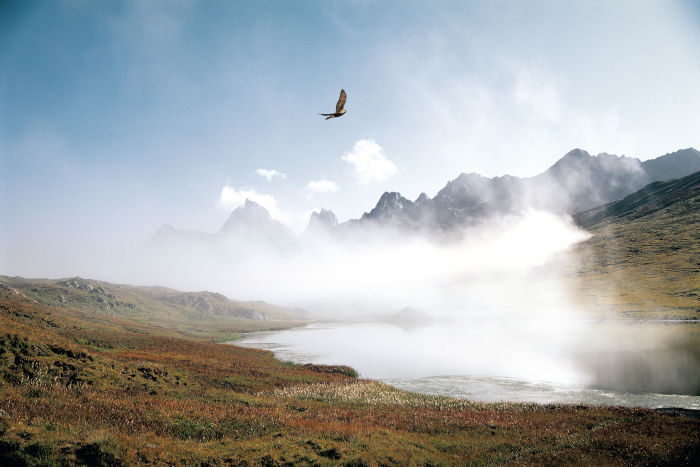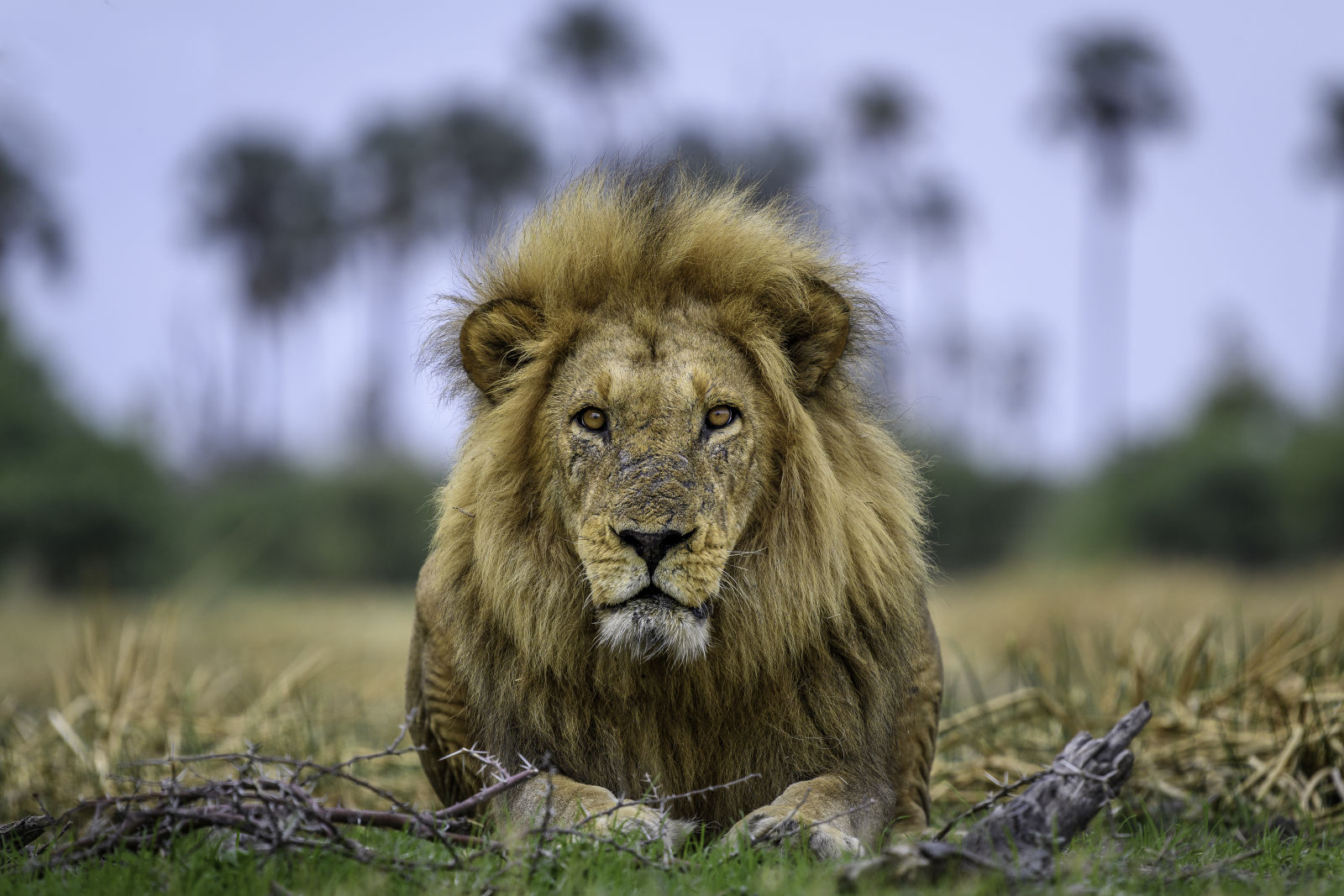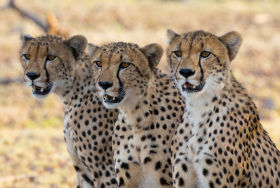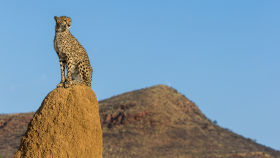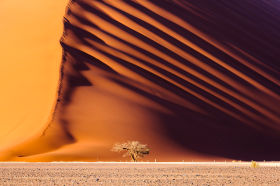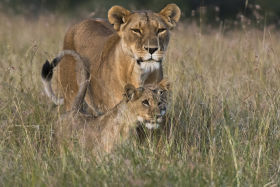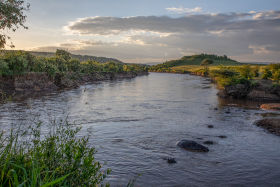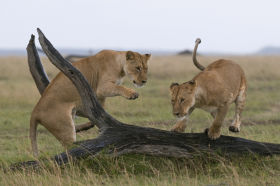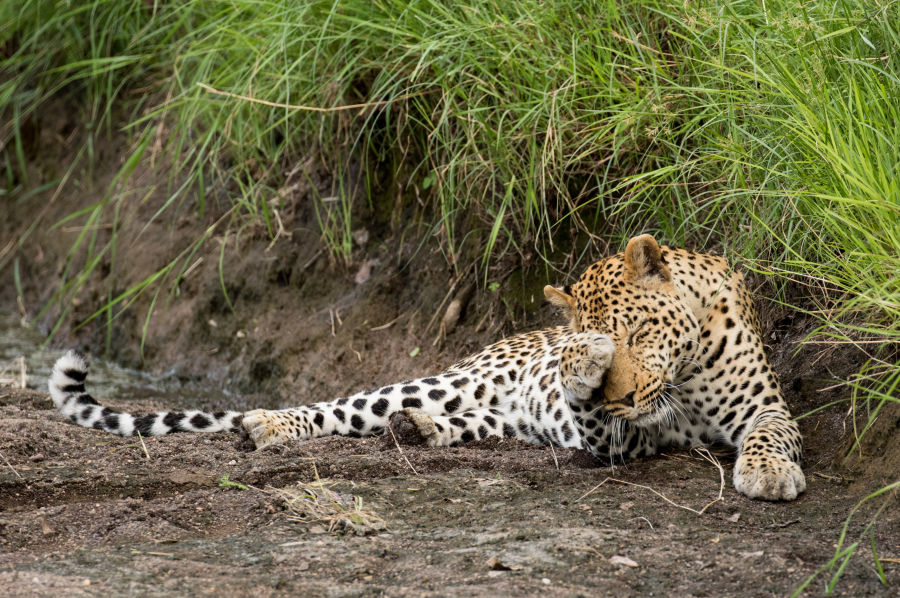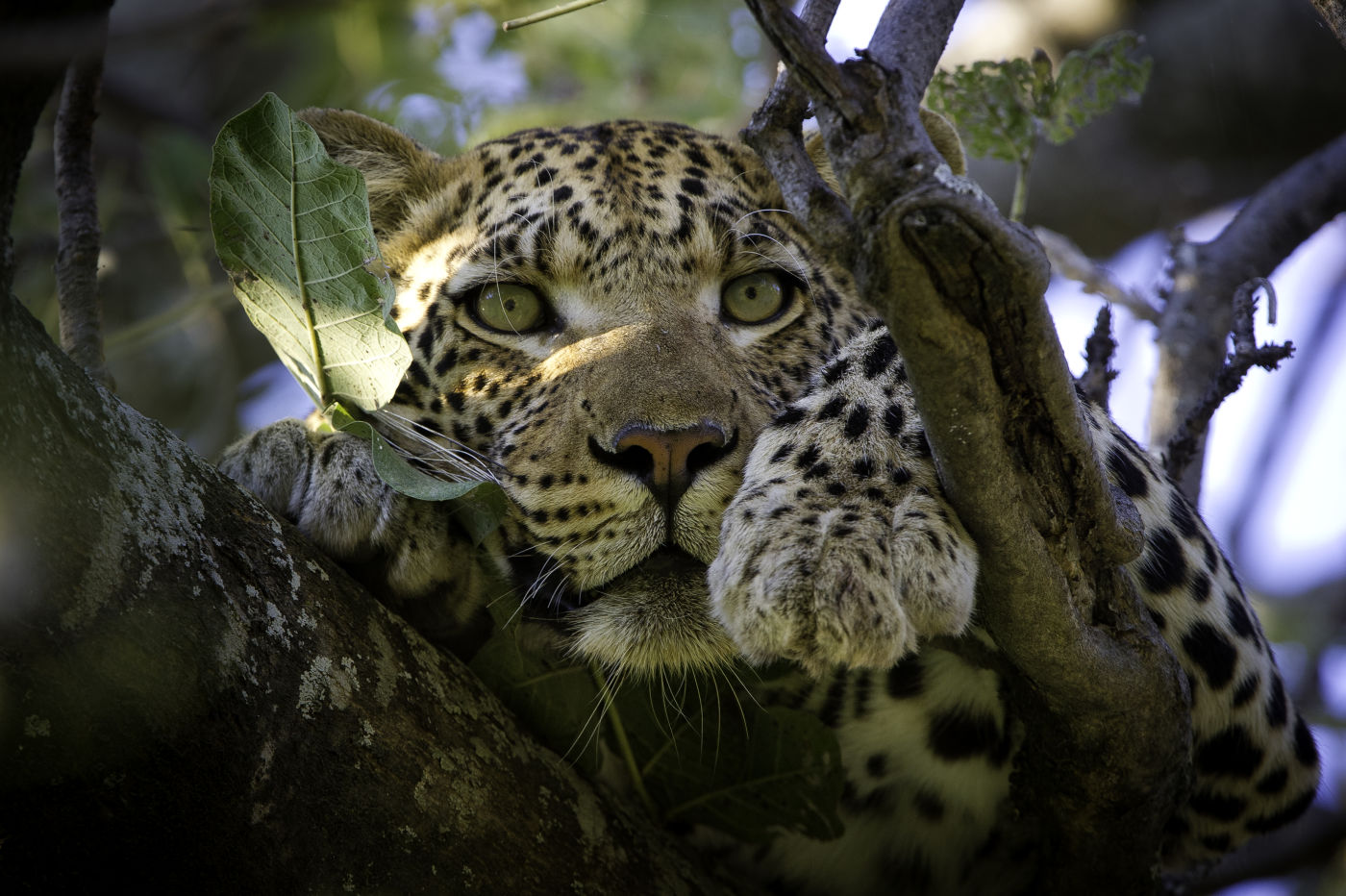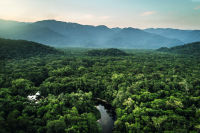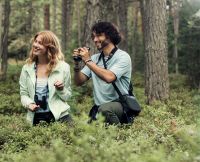SWAROVSKI OPTIK has teamed up with wildlife expert Will Bolsover from Natural World Safaris to offer exclusive tips for nature enthusiasts looking to tick off their bucket list and spot Big Cats in the wild this season.
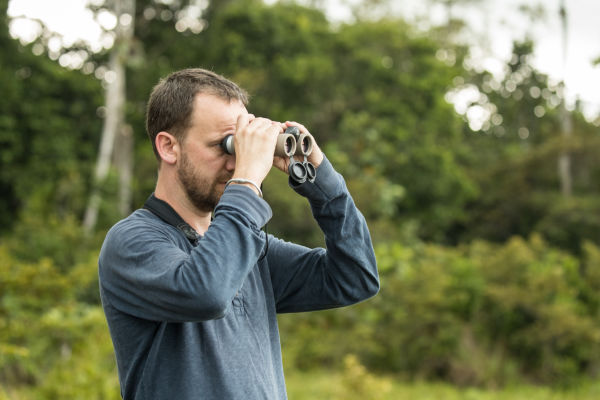
Will Bolsover from Natural World Safari with EL binoculars
Made up of the Cheetah, Jaguar, Lion, Leopard and Tiger, the Big Cat family represent some of the most impressive and elusive animals on the planet and these tips, along with a pair of Swarovski Optik binoculars, will help maximise the chance of seeing them 'in the fur'.
Will's top tips on where and when to spot Big Cats include:
Cheetahs in Namibia from July to October
Head to Namibia which now has more cheetahs than any other country on Earth. They are the oldest of the big cats, and the only one that purrs, but can’t roar (the two are mutually exclusive)!
Few places can match the beauty of Namibia’s landscapes, from black dead-tree valleys of Soussusvlei to the mountainous sand dunes plunging down to the sea along the wild Skeleton Coast with its shipwrecks along the shore.
The best time to visit Namibia is from July to October, when the temperatures are just above 20°C and the chance of rain is low.
Jaguars in Brazil from July to October
The world’s third lagest feline, jaguars have a vast habitat, that ranges from South to Central America, but this big cat is very elusive, and sightings are normally scarce. However, the Northern Pantanal in Brazil offers excellent opportunities to see jaguar; in fact, NWS have a 100% sighting success rate for clients here over the last decade.
The Pantanal is the world's largest tropical wetland area, part national park, part UNESCO World Heritage site. The Pink and Purple Trumpet Tree is often considered to be the symbol of the Pantanal. This tree blooms during the dry season, has a height of up to 50 feet, and is known for its two-inch-wide pink vibrant pink blossoms.
The best time of year to see jaguars is during the dry season, July to October. As the floods recede, predators head to the riverbanks to hunt.
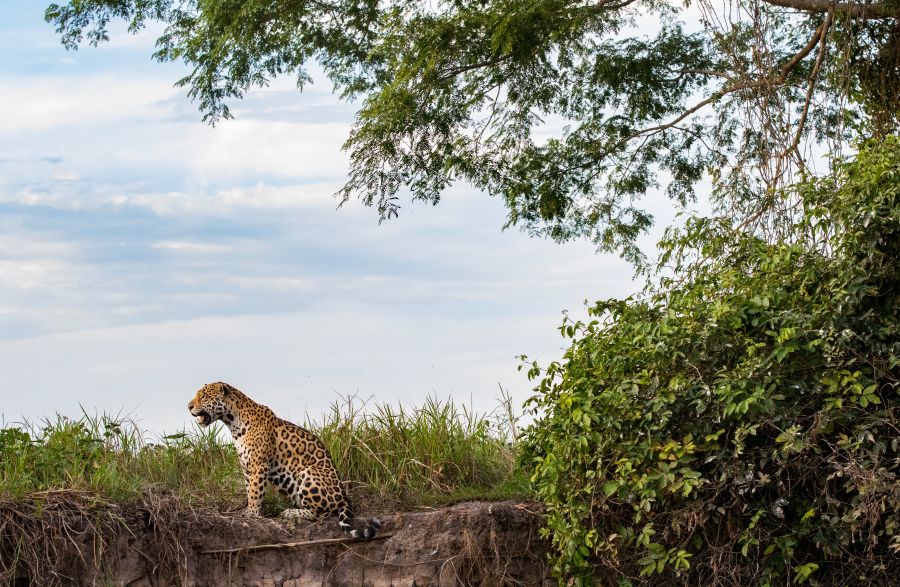
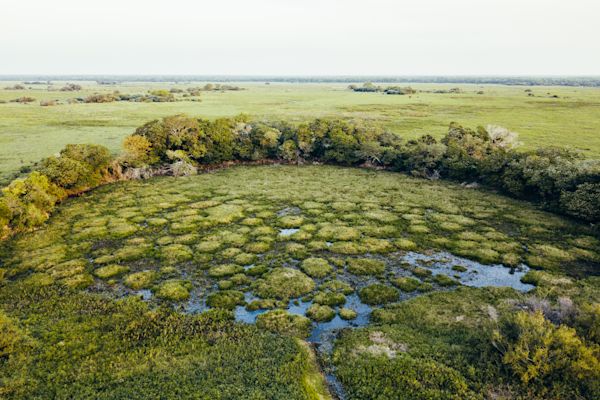


from July to October
Lions in Kenya
With two million wildebeest prides that prey on the great migration as it travels between the Maasai Mara and the Serengeti, lion prides can reach up to thirty strong making this eco-system the best place in the world to encounter these big cats.
The dry season from July to October is generally considered the best time of year to visit the Masai Mara. The absence of rain means that the vegetation is less dense making sightings easier. As an additional benefit, insect levels, including mosquitoes, are lower during the dry season. This is also a great time for migration safaris and when most river crossings take place.
Scour the area for circling vultures; they often reveal lions on a kill!
Photo (c) Mauritius
Leopards in Zambia from July to October
Zambia’s Luangwa Valley is well known for leopard sightings. The Mfuwe area is particularly well known for frequent encounters.
Both lions and hyenas steal a leopard’s kill if they can. To stop this this, leopard will haul their larger kills in trees where they can feed on them in relative safety.
July to October is the best time to visit Zambia if you want to search out leopards. With less vegetation the wildlife is easier to spot and there is hardly any rain, the sky is clear and blue, and there are fewer mosquitoes, although it can get very hot come October.
Tigers in India from February to April
India is home to 70 per cent of the world's wild tigers.
Everyone will have their own opinions on which is the best park to see tigers; Bandhavgarh, Ranthambore and Kanha National Parks are fantastic tiger spots, while Satpura, Tadoba and Pench still offer good tiger densities but with other activities also on offer.
While October to April is typically seen as the ‘best time to visit’ India, if you are travelling specifically to see tigers, February to April may deliver the most sightings; the temperature is higher, and wildlife tends to congregate around the last remaining waterholes making it a good time to see and photograph the wildlife within the parks. As the foliage dies out, the chances of spotting the tigers increases as they have fewer places to disappear off into.
